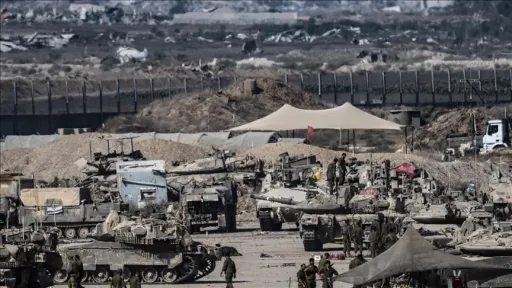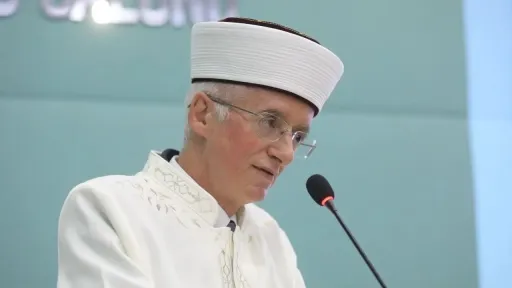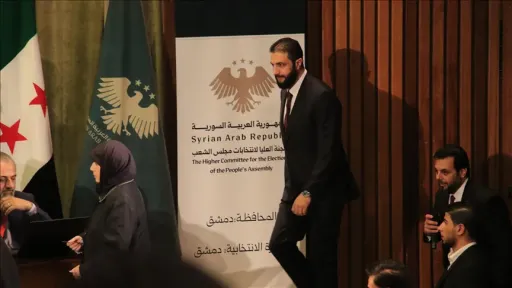Balkans welcomes UN General Assembly resolution on "Srebrenica Genocide Remembrance Day"

Minister of Foreign Affairs of Bosnia and Herzegovina Elmedin Konakovic shared on his social media account, "The adoption of the resolution is a requirement of justice for the victims of genocide. The day of the genocide, 11 July, will be commemorated in the UN General Assembly as well as in other countries around the world."
"Children will be educated in schools and raising awareness about the Srebrenica Genocide will be an obligation for the civilised part of the world," Konakovic said.
"The world offers future generations the chance to learn from the lessons of Srebrenica"
In a statement by the Slovenian government from X, it was pointed out that Prime Minister Robert Golob welcomed the resolution of the UN General Assembly.
In the post made on the social media account of the Croatian Ministry of Foreign Affairs, it was stated that the decision was welcomed and said, "Croatia bases its attitude on respect for international law."
"The world gives future generations the chance to learn from the lessons to be learnt from Srebrenica," Kosovo President Vjosa Osmani said in a post on his social media account after the decision.
Albanian President Bajram Begaj, in a post on his social media account, noted that by voting for the resolution, his country once again confirmed its alignment with Western values.
"This history will serve as a constant reminder of the condemnation of genocide, ensure that such massacres are never repeated again, and at the same time serve as a response to those who deny the genocide and such horrific crimes," Begaj said.
Serbian reaction to the decision
Milorad Dodik, President of the Republika Srpska, one of the two entities in Bosnia and Herzegovina, argued in a statement to the local press that the majority could not be achieved in the UN General Assembly and that this was a failed decision on Srebrenica.
Serbian President Aleksandar Vucic also shared a photo of himself carrying the Serbian flag at the UN General Assembly on his social media account and said, "I am proud of my Serbia."
In the capital Podgorica, Montenegrin Serbs gathered in front of the government building at the moments when the UN General Assembly voted on the resolution, reacting to the vote and the government's support for the resolution.
In the northern Kosovo municipality of Mitrovica, a group of Serbs organised a convoy to support Serbian President Vucic, who attended the UN General Assembly session on Srebrenica.
The draft resolution submitted by Germany and Rwanda and co-presented by more than 40 countries, including Turkey, to declare 11 July as "Srebrenica Genocide Remembrance Day" was adopted by 84 "yes" votes in the 193-member UN General Assembly today. The draft resolution received 68 "abstentions" and 19 "no" votes.
What happened in Srebrenica?
Immediately after the occupation of Srebrenica by Serbian troops under the command of Ratko Mladic on 11 July 1995, civilian Bosniaks who took refuge with Dutch soldiers under the UN were handed over to the Serbs.
The Serbs, who allowed women and children to go to the area controlled by Bosniak soldiers, killed at least 8,372 Bosniak men in forested areas, factories and warehouses, and the massacred were buried in mass graves.
In its 2007 judgement, the International Court of Justice in The Hague characterised the events in and around Srebrenica as "genocide", based on evidence from the International Criminal Tribunal for the Former Yugoslavia (ICTY).
Among those who lost their lives in the genocide in Srebrenica, there are more than 1600 people whose identity cannot be established and whose bodies cannot be reached.







